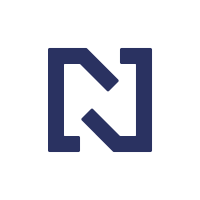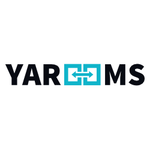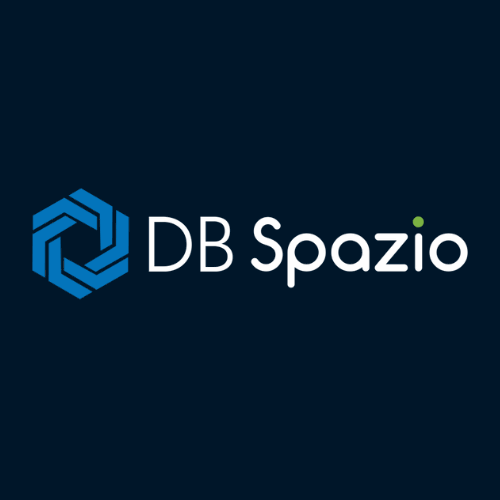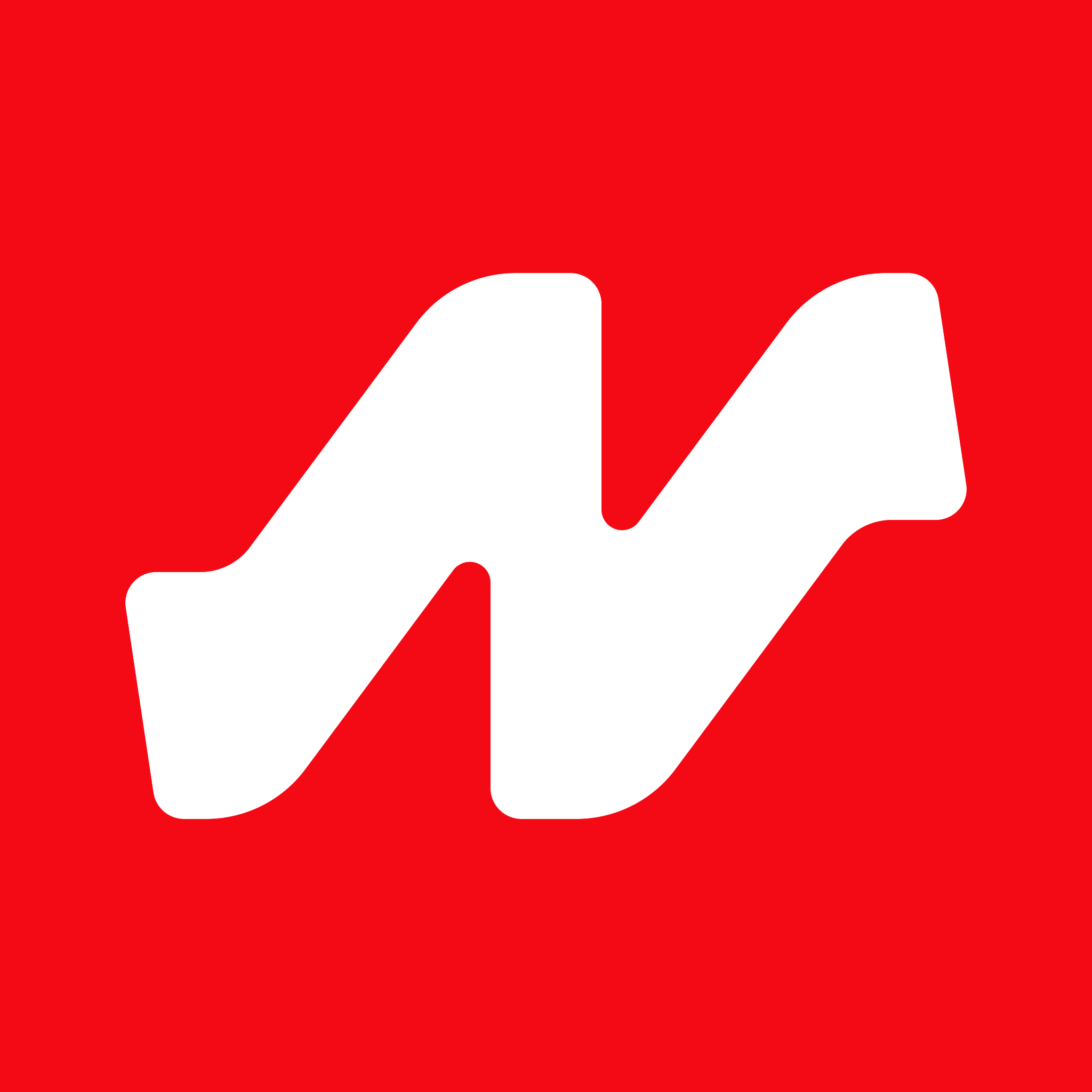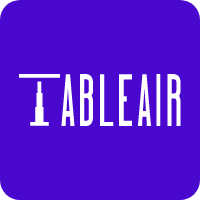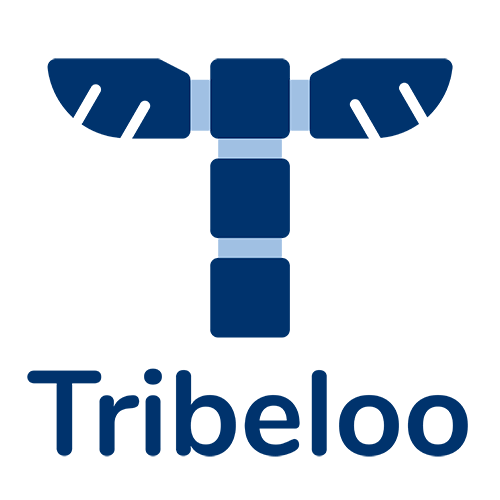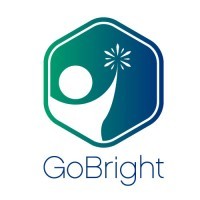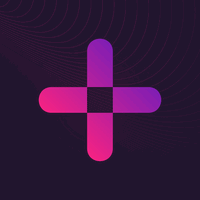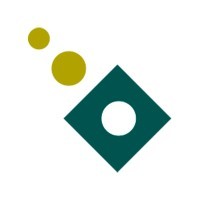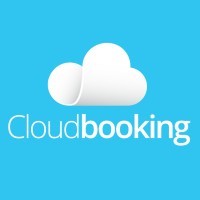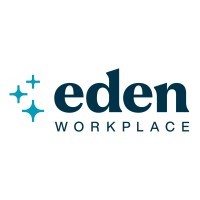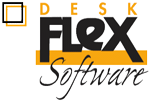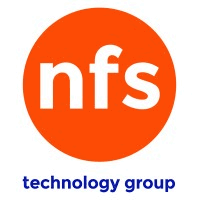What Is Desk Booking Software?
One effective technique for controlling and maximizing desk usage in a workspace is desk booking software. It enables you to optimize the effectiveness of your office space, track desk usage, and expedite the booking process. Traditional desk booking techniques like manual spreadsheets or paper-based systems are replaced by this software, which is a digital alternative.
Fundamentally, desk booking software offers a single platform that lets staff members schedule workstations or desks according to their demands and availability. In addition to creating a more adaptable and cooperative work atmosphere, this removes the inconvenience of duplicate reservations and misunderstandings regarding desk assignments. The capacity of desk booking software to show the current availability of desks and workspaces is one of its primary characteristics.
This makes it simpler for users to arrange their days and choose a comfortable workspace by displaying which desks are accessible and which are already occupied. Employees can select the desk that best suits their needs by using the program to display information about the available desks, including location, amenities, and equipment. The reporting and analytics features of desk booking software are additional advantages.
It can produce thorough desk utilization reports, giving management a greater understanding of how their office space is being used. By using this data, desk allocation may be optimized and future workspace design decisions can be well-informed. Additionally, a lot of desk booking software companies supply tools like proximity sensors or QR code scanners that can automatically check workers in and out as they come and go from the office.
In addition to streamlining the desk reservation procedure, this offers precise desk utilization data, which facilitates the identification of underutilized workstations and the optimization of their use. Software for desk booking can also help manage a flexible desk policy in today's hybrid workplace, where employees divide their time between working remotely and in the office. It promotes a safe and orderly workplace by allowing employees to reserve a desk in advance and ensuring a spot for them when they return to the office.
What Are The Recent Trends In Desk Booking Software?
Desk booking software has become an essential tool for modern workplaces, as it allows for efficient management of desk space and resources. In recent years, the demand for desk booking software has increased significantly, leading to several advancements and innovations in the industry. As a potential buyer, it is crucial to stay up-to-date with the latest trends in desk booking software to make an informed decision. Here are some of the recent trends in desk booking software that you should be aware of:
1. Cloud-Based Solutions: With the growing popularity of remote and hybrid work, cloud-based desk booking software has become a top choice for many organizations. These solutions offer the flexibility of accessing the system from anywhere, making it ideal for companies with a distributed workforce.
2. Mobile Applications: Desk booking software providers have also started offering mobile applications, allowing employees to book desks and manage their work schedules on the go. This trend has been accelerated by the rise of Bring Your Own Device (BYOD) policies in workplaces.
3. Integrations With Calendar And Communication Tools: Many desk booking software solutions now offer integrations with popular calendar and communication tools like Microsoft Outlook and Slack. This enables a seamless booking experience for employees and allows for better communication and collaboration between team members.
4. Contactless Check-In: Touchless technology has gained significant traction due to the COVID-19 pandemic, and desk booking software is no exception. Many providers now offer contactless check-in options, such as QR code scanning, to minimize physical contact and ensure a safe workplace environment.
5. Advanced Analytics: As data becomes more important in decision-making, many desk booking software solutions are also incorporating advanced analytics features. These tools provide insights into desk usage, occupancy rates, and other key metrics, helping organizations optimize their desk space and make informed decisions.
Benefits Of Using Desk Booking Software
A useful tool for any company or organization trying to maximize workplace management is desk booking software. The demand for a smooth and effective method of scheduling desks or workstations has increased due to the popularity of remote and flexible work arrangements. The many advantages of desk booking software and the reasons it need to be a crucial component of your workspace management plan will be discussed in this buyer's guide.
1. Simplified Desk Reservation Procedure: The expedited and simpler booking process that desk booking software provides is one of its many noteworthy benefits. Employees can reserve a desk or workstation for their next workday with a few clicks. This removes the need for labor-intensive and error-prone manual procedures like email or paper-based reservation systems.
2. Availability In Real Time: Real-time desk or workstation availability is provided by desk booking software, which enables staff members to see which desks are occupied and which are available. By doing this, any misunderstandings or disputes that can result from multiple reservations are avoided, guaranteeing a productive and orderly workplace.
3. Efficient Use Of Space: Businesses can reduce overhead costs by optimizing workplace use through the use of desk booking software. Organizations may determine usage trends and make well-informed decisions on workplace arrangements and layouts by utilizing the analytics and reporting capabilities of the program.
4. Adaptability And Quickness: Employees can select the desk or workstation that best suits their needs with the help of desk booking software. This makes it possible for a more comfortable and customized work environment, which can boost output and job satisfaction. Additionally, desk booking eliminates the inconvenience of rearranging the actual workspace, allowing organizations to easily adjust to shifting business demands, such as the addition of new teams or personnel.
5. Improved Cooperation And Interaction: Additional capabilities like in-app messaging and team notifications are frequently included with desk booking software, giving staff members a single location for communication and cooperation. Even in a remote or hybrid work environment, this enhances teamwork and creates a feeling of community.
6. Economical Resolution: Businesses can save money by using desk booking software, which removes the need to purchase extra office space. Organizations can save money on maintenance or rental fees while simultaneously giving staff members a contemporary and effective workspace thanks to real-time availability and optimum space utilization.
Important Factors To Consider While Purchasing Desk Booking Software?
Investing in desk booking software can significantly increase a workspace's productivity and structure. However, selecting the best solution can be difficult due to the abundance of possibilities accessible. The following crucial elements should be taken into account while buying desk booking software in order to facilitate the decision:
1. User-Friendly Interface: It should be simple to navigate and comprehend the software's user interface. Administrators will find it simpler to handle and monitor bookings, while staff will find it easier to reserve desks.
2. Integration With Current Systems: Verify that the program can be integrated with the calendar, email, and building access control systems that your business now uses before making a purchase. Employees will have a flawless booking experience thanks to this, and technological problems will be avoided.
3. Customization Options: Desk booking requirements vary depending on the particulars of each office space. Seek out software that allows for customization, such as the ability to establish distinct booking guidelines for different teams or locations.
4. Real-Time Availability: It's critical that desk booking software display desk availability in real-time. Employees will save time and irritation by avoiding disagreements and double bookings.
5. Mobile Compatibility: Desk booking software must be mobile compatible due to the increase in remote and flexible employment. This will make the procedure more convenient by enabling staff members to reserve desks while they are on the go.
6. Analytics And Reporting: Software for desk booking should be able to monitor and evaluate desk usage. Facility managers will gain important data from this to maximize desk usage and allocation.
7. Security Measures: To safeguard confidential company data and stop illegal desk access, the program should contain security measures.
8. Customer Support: Seek out a software supplier that provides excellent customer service and help with any queries or technical problems. Both administrators and staff will have a seamless and trouble-free experience as a result.
What Are The Key Features To Look For In Desk Booking Software?
Any contemporary, adaptable workspace must include desk booking software. It makes it simple for staff members to reserve and oversee their workspace, including desks, conference rooms, and other common areas. To make an informed choice, you should take into account a number of important aspects when searching for desk booking software.
1. User-Friendly Interface: A desk booking software's user-friendly interface should be the first feature you search for. This will guarantee that the program is simple for your staff to use and navigate. across addition to lowering the learning curve for new users, an easy-to-use interface will facilitate adoption across your company.
2. Real-Time Availability: Workers should be able to see the desks' or other workspace options' current availability through the program. As a result, users can quickly determine which workstations or rooms are available and adjust their reservation accordingly. This function avoids conflicts or double bookings in addition to saving time.
3. Customization Choices: Every business has different demands and specifications. Searching for software that provides customisation possibilities is therefore essential. Setting up particular booking guidelines, designing unique floor layouts, and personalizing the interface to fit your business's style are a few examples of this.
4. Calendar Integration: A quality desk booking program should easily interface with well-known calendaring services like Outlook or Google Calendar. This makes it easier for staff to manage their daily responsibilities by enabling them to effortlessly sync their schedules and reservations.
5. Mobile Compatibility: Employees must have access to their workspace reservations on their mobile devices in the fast-paced world of today. To ensure that staff members can make, manage, and modify reservations while on the road, look for software that works with both desktop computers and mobile devices.
6. Analytics And Reporting: Information is essential to decision-making. Workspace utilization, peak booking periods, and other information can be gleaned via desk booking software with analytics and reporting capabilities. This can assist you in making data-driven decisions and optimizing your workspace.
7. Integration With Access Control Systems: Seek software that can interface with the access control system in your company to guarantee a seamless and safe booking process. Employees will be able to check in and exit with ease thanks to this, which lowers the possibility of illegal access to reserved workplaces.
Why Do Businesses Need Desk Booking Software?
Businesses are finding that desk booking software is a necessary tool in the fast-paced, dynamic workplace of today. Businesses may effectively manage their workspace, expedite processes, and improve internal cooperation with the help of this cutting-edge software. However, why is desk booking software necessary for businesses? Let's examine its main advantages in more detail.
1. Enhanced Workspace Utilization: Increasing workspace utilization is one of the main reasons companies require desk booking software. Employees may guarantee that their desk or workplace is not underused by using this program to reserve it in advance. This lowers the possibility of overbooking and improves space management. Businesses are also able to make well-informed decisions on their real estate requirements thanks to the software's analytics feature, which offers insights into workplace usage.
2. Increased Productivity: The capacity of desk booking software to increase productivity is yet another important benefit. A simplified reservation process makes it simple for staff members to locate and reserve a desk that suits their requirements, be it a collaborative place for group projects or a quiet spot for concentrated work. Employees can concentrate on their job and be more productive as a result of the stress and time saved in finding a suitable workstation being eliminated.
3. Better Collaboration: In the contemporary workplace, teamwork is more important than ever. By enabling staff members to register desks in the same location, desk booking software promotes teamwork and in-person encounters. Additionally, it helps team leaders to keep tabs on and track the location of their team, which facilitates meeting scheduling and fosters teamwork.
4. Flexible Working: Desk booking software has emerged as a useful tool for companies as remote work and flexible working arrangements have grown in popularity. It promotes work-life balance by enabling employees to book a desk when they must visit the office, enabling them to have a hybrid work schedule. Businesses can also benefit from this flexibility by lowering their real estate expenses through hot-desking or downsizing.
5. Safety And Compliance: Desk booking software has become even more important in maintaining workplace safety and compliance in the wake of the COVID-19 outbreak. Features of the program, like capacity restrictions, social distancing rules, and contact tracing, assist companies in adhering to health and safety laws and providing a secure workplace for their staff.
How Much Time Is Required To Implement Desk Booking Software?
The size and complexity of your company, as well as the particular software, will all affect how desk booking software is implemented. Launching and completely integrating the software can take anywhere from two weeks to six months on average. Identifying the needs and objectives of your company is the first step in putting desk booking software into place. This will assist you in selecting the appropriate software and creating an implementation strategy.
Following software selection, the actual implementation procedure can be divided into multiple phases. Setting up the software, customizing it to your requirements, and connecting it with any other tools or systems you use are all part of the first step. The complexity of your organization will determine how long this takes.
Training your team to use the program is the next step. Creating user accounts, establishing permissions, and offering instructions on how to reserve and oversee workstations may all be part of this. The duration of this training procedure can range from a few days to several weeks, depending on the size of your company. You must evaluate the software after the initial setup and training to make sure it is operating correctly and fulfilling the requirements of your company.
This could entail adjusting and resolving any problems that come up. Depending on the software's complexity and the procedures used by your company, this testing step may take a few days to several weeks. Ultimately, you can make the program available to your team for use when it has been thoroughly integrated and tested. This include explaining the software's goals and advantages to your staff, promoting adoption, and offering further assistance when required.
The size and complexity of your company, the level of customization needed, and the team's level of software proficiency all affect how long it takes to install desk booking software. To guarantee a successful and seamless deployment, it is crucial to carefully plan and assign the required resources.
What Is The Level Of Customization Available In Desk Booking Software?
Desk booking software is a flexible solution for companies of all sizes and industry verticals since it provides a great degree of customization. Desk booking software customization enables users to adapt the platform to their unique requirements, guaranteeing a smooth and effective desk booking procedure. The ability to generate and modify floor plans is one of the main customization options available in desk booking software.
Users may quickly select their office's layout and assign distinct areas to teams, departments, or uses. Employees can easily locate and reserve desks in their assigned area thanks to this feature, which makes the booking process more efficient and well-organized. Additionally, desk booking software allows for modification of booking regulations and rules.
Businesses are free to establish their own desk booking guidelines, including maximum booking times, advance reservation requirements, and cancellation procedures. This degree of personalization guarantees that desk reservations complement the operations and culture of the business. Integrating desk booking software with other programs and applications is another way to personalize it.
Desk booking software and other tools, such calendar apps and project management software, may communicate and share data easily because to this interaction. The productivity and overall experience of desk booking are improved by this integration option. Desk booking software also makes it possible to customize the booking procedure for staff members.
Users can customize their profiles with their own preferences, including favorite work zones, booking reminders, and access to statistics and analytics. In addition to enhancing the customer experience, personalization aids businesses in obtaining information and insights for next improvements. In conclusion, desk booking software provides a great deal of customisation, enabling companies to modify the platform to suit their own requirements and tastes. Desk booking software provides a flexible solution for a smooth and effective desk booking process, covering everything from floor plan design to booking regulations and integration choices.
Which Industries Can Benefit The Most From Desk Booking Software?
For companies and organizations trying to make the most of their workspaces and expedite the desk booking process, desk booking software is an essential tool. It makes it simple for users to book available workstations, conference spaces, and other work areas in accordance with their specified requirements and preferences. Many businesses can benefit from desk booking software, but certain stand out as the ones that stand to gain the most from its use:
1. Flexible Workspaces: Desk booking software is quite advantageous for businesses with flexible workspaces in this age of remote and hybrid work arrangements. Coworking spaces, hot desk arrangements, and any company with a partially or completely unassigned seating scheme are examples of these. Businesses can increase overall productivity and efficiency by utilizing desk booking software to guarantee that their staff members have access to available desks and meeting spaces whenever they need them.
2. Corporate Offices: Desk booking software can be quite helpful in corporate offices because to their expansive and intricate floor designs. It can frequently become difficult to maintain track of available workspaces and effectively convey them within the organization when there are many employees and departments. Desk booking software makes it easier for managers to monitor workspace use and for employees to reserve desks by enabling a centralized system to handle desk reservations.
3. Higher Education: Desk booking software might be advantageous for educational establishments at the school and university levels. When there are a lot of employees and students, it becomes crucial to effectively manage workspaces to prevent crowding or underuse. Desk booking software can optimize the scheduling of study and classroom spaces, enabling a seamless and well-organized system for both staff and students.
4. Healthcare: Desk booking software can also help the healthcare sector, which has a fast-paced and dynamic environment. The need for various workspaces, including examination rooms, waiting areas, and conference rooms, is frequently significant in hospitals, clinics, and other healthcare facilities. Medical personnel may concentrate on giving patients high-quality care by using desk booking software to conveniently reserve and oversee these areas.
Conclusion
Finally, we have looked at the many features and advantages of desk booking software and how it can be very helpful to your company. Desk booking software may significantly increase office productivity with its user-friendly interface, automated booking procedure, and real-time availability updates. Additionally, giving workers the option to reserve their own workstations fosters a sense of independence and adaptability, which raises output and job satisfaction.
Better space management choices and cost reductions are also made possible by the analytics and reporting functions, which offer insightful data on workplace utilization. Make sure to take your organization's needs, budget, and scalability into account while selecting desk booking software. With so many alternatives available, it's critical to carefully consider each one and select the one that best suits your needs.
Purchasing desk booking software is a wise move that can benefit your company in many ways, including enhanced teamwork, higher output, and financial savings. Therefore, don't be afraid to take the required actions to improve your working environment and your team's output.


